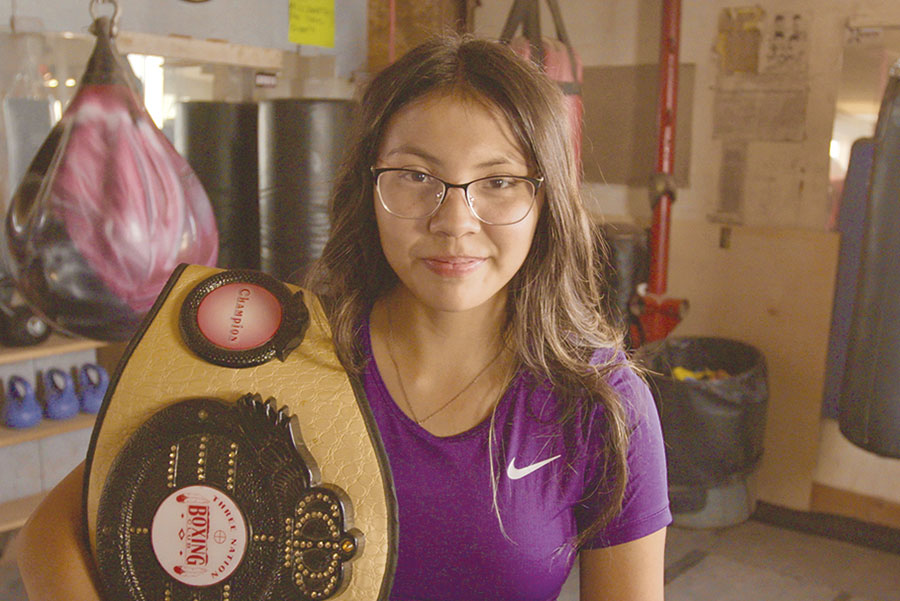
When Daniel Golding was approached to be series producer and director of the PBS docuseries Native America, the opportunity was, in a word, perfect.
A member of the Quechan Indian Nation, Golding had just finished Chasing Voices, a documentary about the last speakers of Native America’s dying languages, which he has made his mission to preserve. “We need to tell the backstories of how our traditions are being lost and how people are working to preserve them,” he says. “Things need to be done.
The show’s second season, which premiered October 24, presents diverse portraits from today’s Indigenous communities, including a Navajo NASA engineer, a teen boxer aspiring to the 2024 Olympics and U.S. Secretary of the Interior Deb Haaland, herself a member of the Laguna Pueblo tribe. “We wanted to focus on the contemporary, but also to link these people’s stories to history, our wounds and our shared trauma,” Golding says. “We were looking for role models, because we need to see heroes out there to build our confidence and our self-esteem.”
Born into a family of tribal singers, Golding grew up on the Quechan Reservation near Yuma, Arizona. After earning a bachelor’s in film production and American Indian Studies at San Francisco State University, “I made a conscious choice to come back home and work with our elders,” he explains. “That became my grad school.” In 1997, he founded a production company, Hokan Media, to focus on social issue documentaries and narrative films, and to teach hands-on digital filmmaking to at-risk youth.
For Golding, the last of Native America ‘s four episodes struck closest to home. “Language Is Life” chronicles efforts to transcribe and translate a trove of tribal songs recorded on wax cylinders in the 1920s. “I was able to listen to a recording of my grandfather, who was a singer of the deer song, a part of the cycle of stories in our creation myth,” he says. “You could hear every tone, and I could just picture him. It was very moving.”
Now at work on a documentary about the impact of nineteenth-century Russian settlers on Northern California’s Pomo tribe, he’s also continuing his cultural crusade at home. “I’ve been documenting stories from my uncles on the reservation and dealing with lithium mining, which is threatening sacred sites in the desert,” says Golding, who would love to work on a third season of Native America. “We have to figure out a way to move forward, and there are a lot more stories to tell.”
This article originally appeared in emmy magazine issue 11, 2023, under the title “Strength in Stories.”
Read more on Native American inclusion in the television industry.
